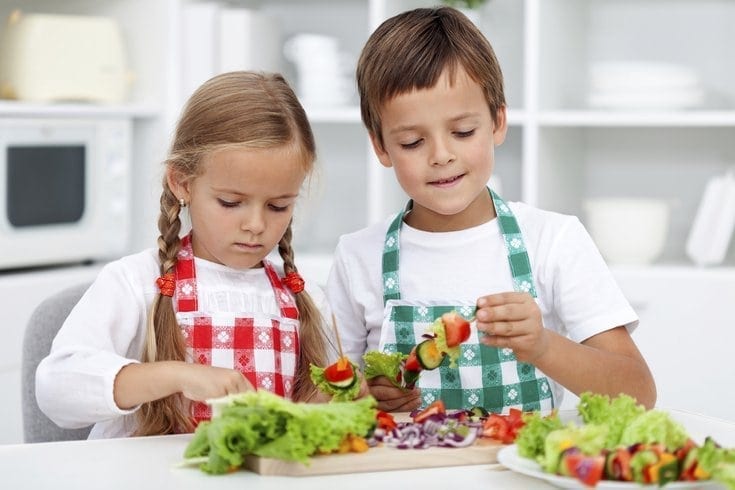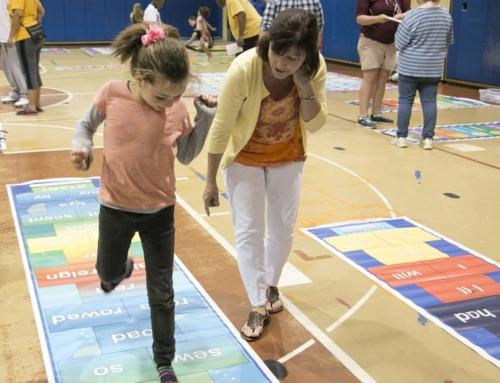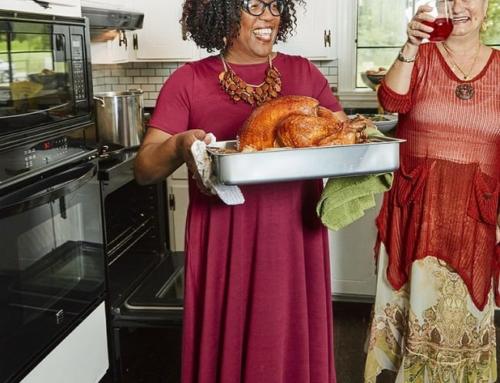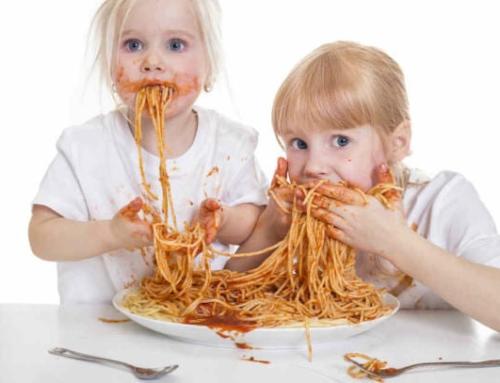
Hopefully by the age of ten, you’re starting to teach your kids different responsibilities, weekly chores and discussing if they are old enough to stay home alone for however long you feel comfortable with, everyone is different. In their tween years, ten year-olds are ready to begin taking on more responsibilities. What are some basic life skills kids can learn before ten? Here are some ideas:
Basic household chores
If you are busy, out of the house, or feeling sick, your child should be able to make a sandwich, pack a lunch for school and able to cook a quick tv dinner. It’s also good to teach your kids how to do laundry, run the dishwasher, and how to clean up a spill.
Safety first
At a young age, we begin to teach our kids how to safely cross the street, bike safety and stranger danger. At age 10, parents can even teach kids about internet safety, considering they spend the majority of time on some form of smart device. It’s also not a bad idea for them to know their home address, phone number and full name, during an emergency. They should know how to use the phone, safe touch, and that no means no. Kids should also know basic first aid and when to call 911.
Proper hygiene and self-grooming
Ten year-olds should know how to care for their own body and hair. Frequent showers, face, hand washing and wearing deodorant are good habits to get into.
Budgeting and saving
10 is a great time to teach Junior basic budgeting skills. Kids can learn to pick something out that they would like to buy,how much they need and start saving. This helps teach them delayed gratification, the value of the dollar, the reward for hard work and also how to budget and save for things that they want.
Problem-solving
When presented with a problem, children often look to the adults in their lives to solve the problem. Rather than giving your child the answer to the problem, why not let them try to work it out themselves? The problem-solving skills learned early will benefit them as they grow older. You can also present your child with different scenarios and ask them what they would do. Ask your child – If you get lost, what should you do? What if you forget your lunch at home? What if you see another child getting teased? If there is a fire in the house, what should you do? Working through different scenarios and practicing problem-solving skills will help your child build confidence for when they are challenged with a problem.
Value of hard work
Kids need to know the value of hard work, especially as they head off to college or into the workplace. Even middle and high school require a higher level of study habits. Developing good study habits also helps kids learn that their dedication pays off when they receive good grades because of it. To prepare your child for the workforce, assign chores that work towards a family goal, like putting in a garden for everyone to enjoy, or saving up allowance to work towards something they would like to purchase will show them the long-term payoff of hard work.
Proper etiquette and speaking skills
Ten year-olds should know how to treat people respectfully, how to approach adults in public, phone etiquette, and express gratitude when someone gives them a gift or does something for them.
Caring for others
Kids learn a lot when given the responsibility of taking care of something or someone else. Examples could be a pet, garden or plants, or helping with younger kids.
This is only a guideline, since every child and every family is unique. Comment below if you would like to add to our list.






Alot of great info, sometimes you can easily forget about the small details like internet safety and leave your guard down.
I know a few people that should read this…I’ll share it with them! Thank you!